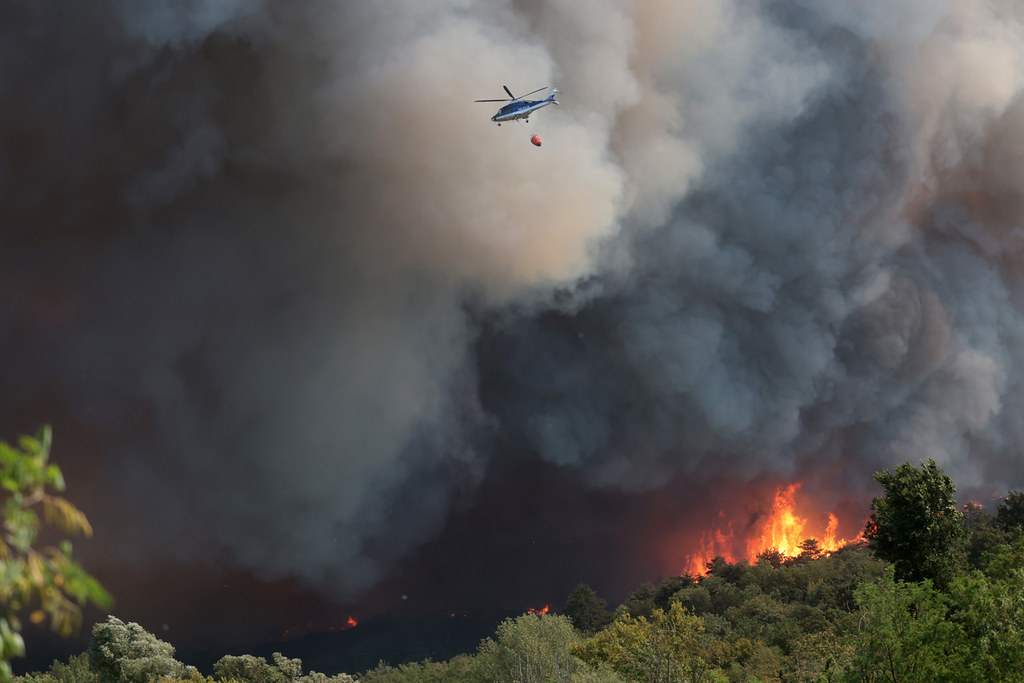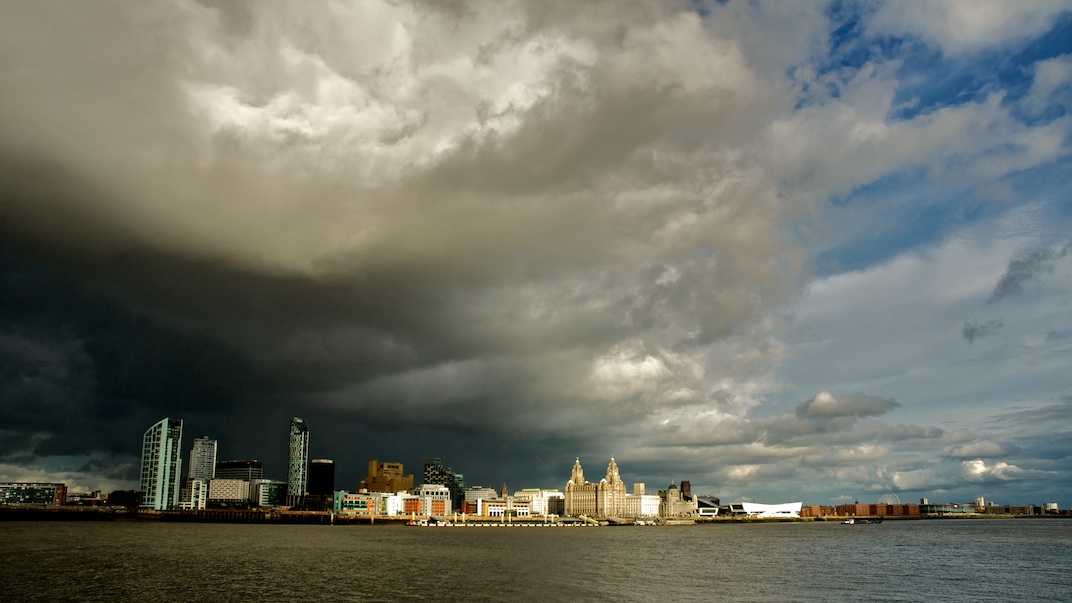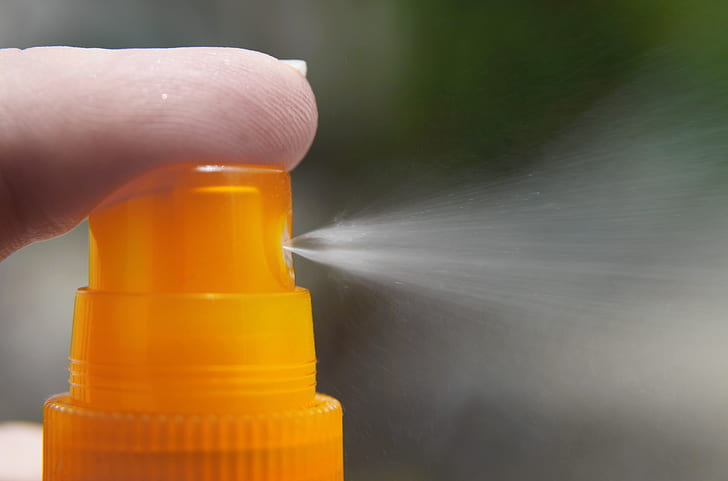The MET office is warning of the potential hottest year on record in 2024, with ‘supercell’ storms and 40 degree days. What should the UK expect from the elements this summer, and how should you prepare?
The Upward Trend
The numbers portray a worrying picture. Of the UK’s ten hottest days on record (dating back to 1860), seven of them have come since 2000, with four of those since 2019.
It’s getting hotter, faster.

Global temperature trends tell a similar story, as the UK isn’t the only country bracing for a scorching summer.
The World Meteorological Association has said that 30% more Europeans are dying from heat stroke now than two decades ago.
Last summer, Greece experienced the largest wildfire ever recorded in the EU, burning 96,000 hectares of land.

The Met office is suggesting that we will experience similar levels of heat to 2023, with the possibility that temperature records will be further broken as we move into the summer months.
Forty six weather monitoring stations across the UK reported a new temperature record on 19th July 2023 alone, including the hottest recorded temperature in UK history, 40.3℃ in Lincolnshire. It’s safe to say we can expect heat.
Whilst in the depths of December or January, 40℃ sounds like a dream, it’s important to remember that the strain put on the NHS, the damage done to the economy and the general health concerns that come with hot weather.
Heat waves in the UK can be incredibly dangerous, especially for the vulnerable.
According to the London School of Economics, heatwaves can cost the UK economy up to £300 million per year due to drops in productivity and challenges in production lines.
They also estimated that the 2022 heat waves caused an excess death toll of around three thousand people.
This only serves to highlight the importance of thought and preparation heading into the warmer months, to protect ourselves and those around us from the dangers of regular >35℃ days.
What is the danger?
The obvious answer is… heat. Our bodies can only tolerate an internal temperature of up to 37℃.
Beyond that we begin to struggle with thinking, breathing and moving… not ideal.
Normally, we all operate in our body’s comfortable range, but in warmer months, we’re forced to find increasingly creative ways to keep cool.
Heatstroke is no joke, and can cascade into a whole host of other problems.
The UK Health Security Agency reported that there were up to 2,900 excess deaths due to the heat in 2023 (the eight warmest on record).
Whilst some people have to be more heat conscious than others, with around half of 2023’s excess heat deaths coming from people aged 65+, there are lots of long term health implications from not looking after your body in the heat of summer.
It’s not just the heat. Areas of low atmospheric pressure generate huge walls of heat that sweep across the UK.
Following those heatwaves are often areas of high pressure, which can cause a different type of extreme weather: storms.
In March this year, Greater Manchester experienced a hurricane, sparked by a so-called ‘supercell’ storm.
A supercell storm is caused when the speed of the air making up the ‘updraft’ (the wind being sucked into to the storm) and the ‘downdraft’ (the wind released by the storm) creates a feedback loop between the two.
This creates a powerful, cyclical storm, and can even lead to hurricanes in extreme scenarios, like in Manchester this year.
With climate change still driving global temperatures up, the high or low pressure areas that contribute to storms of all sizes, and especially super-storms, get more severe.
As a result, the storms become larger, longer lasting and more damaging. The UK can absolutely expect storms this summer.

The storms create double jeopardy for the UK. Storms can cause major damage to property and infrastructure, which can then lead to flooding, creating further risk to life.
More frequent storms will mean more frequent flooding, both in the summer and into the autumn, as rain can cause river floods and drainage failures.
According to Morgan Clarke, a UK house in 2024 is more likely to be flooded than burgled. The UK’s flood defences are in major decline, especially in the North West.
Environmental Agency data suggests that 1 in 11 (815) of flood defences in the North West are in disrepair, up from 1 in 16 in 2018.
Flooding is more dangerous than just property damage, it was August last year that an elderly couple drowned in their car under flood water in Mossley Hill, Liverpool.
How can you protect yourself?
The best advice to protect yourself from the heat in the summer is to just avoid the heat where possible.
Direct sunlight and exercise are the two chief contributors to our body temperature in the summer, so whilst moving less and keeping shaded sounds simple, it’s the most effective strategy to protect yourself.
There are other things you can do to beat the heat. Drinking lots of water is an absolute must.
We need at least 2 litres of water a day to keep us going, but when you are sweating and salivating a lot (which are both heat-regulating measures employed by our bodies), you can lose up to 1 litre an hour in sweat, which means you need to make sure you’re keeping up with your water intake.
Water isn’t just useful inside your body, but outside as well. Dunking your T-shirt in cold water before you leave can massively help you keep your temperature down, so long as you don’t mind looking damp!

Heat leaves your body much quicker through wet skin than dry skin (which is why we sweat), so splashing yourself or buying a mist spray will both be really useful.
An expert would say that no amount of bronze skin is worth ignoring suntan lotion for.
Whilst milder days in the UK pose significantly less of a threat to your skin, when we’re seeing more regular 30℃ days, we can damage our bodies for both the painful short term and more severe long term.
We famously spend all winter wishing for summer, and all summer wishing for winter in the UK, but as the warm days get warmer and we begin to experience Saharan summer days, we need to take Saharan care to look after ourselves. And drink more water!









